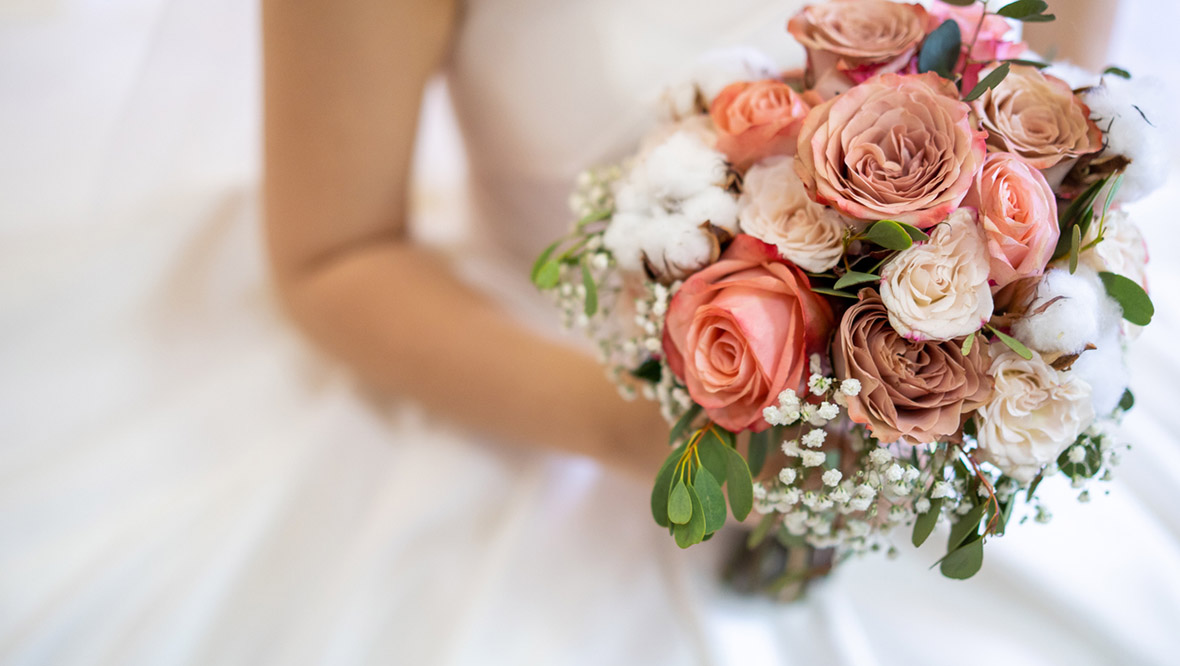Thirteen council areas across Scotland are being held under tougher coronavirus restrictions for longer than previously indicated amid concern over rising case rates of Covid-19.
First Minister Nicola Sturgeon informed the Scottish Parliament on Tuesday that Dundee, Clackmannanshire, Stirling, East Ayrshire, North Ayrshire, South Ayrshire, North Lanarkshire, South Lanarkshire, Edinburgh, Midlothian, East Dunbartonshire, Renfrewshire and East Renfrewshire were all being kept in level two.
They will be joined by Glasgow from midnight on Friday.
Scotland’s biggest city is currently the only local authority area in the country still under level three coronavirus restrictions, prohibiting non-essential travel out of the area and imposing greater restrictions on socialising, hospitality and businesses.
Fifteen council areas will move to level one on Saturday – those being Highland, Argyll and Bute, Moray, Aberdeen, Aberdeenshire, Angus, Perth and Kinross, Inverclyde, West Dunbartonshire, Falkirk, Fife, West Lothian, East Lothian, the Borders and Dumfries and Galloway.
Island areas currently in level one will move to level zero of the Scottish Government’s coronavirus framework from midnight on Friday.
Scotland currently has the highest rate of new cases of Covid-19 of the four nations of the UK.
It had been hoped that most of Scotland would be able to move to level one and the First Minister’s announcement means businesses in some areas, such as soft play centres, will not be able to reopen as planned.
Sturgeon insisted the country was still at a “delicate and fragile point” in the battle with the virus.
The summary of indicators behind the Scottish Government’s decision-making process is available to view here and a reminder of the rules that apply in levels two, one and zero are below.
LEVEL TWO
Glasgow, Dundee, Clackmannanshire, Stirling, East Ayrshire, North Ayrshire, South Ayrshire, North Lanarkshire, South Lanarkshire, Edinburgh, Midlothian, East Dunbartonshire, Renfrewshire and East Renfrewshire

Socialising: Six people from three households can socialise indoors in a public place, such as a cafe or restaurant. Six people from three households can also socialise inside a house and stay overnight. Eight adults from up to eight households are able to meet up outside.
Hospitality: Venues can open and sell alcohol indoors until 10.30pm or outdoors until 10pm.
Sport: Outdoor adult contact sport and indoor group exercise can restart.
Recreation: Cinemas, theatres, amusement arcades, bowling alleys, snooker/pool halls and bingo halls can open.
Further education: Universities and colleges can return to a more blended model of learning. Non-professional performance arts can resume outdoors.
Worship: Communal worship can open, subject to capacity constraints.
LEVEL ONE
Highland, Argyll and Bute, Moray, Aberdeen, Aberdeenshire, Angus, Perth and Kinross, Inverclyde, West Dunbartonshire, Falkirk, Fife, West Lothian, East Lothian, the Borders and Dumfries and Galloway.
 iStock
iStockSocialising: Under level one restrictions, up to eight people from three households can socialise indoors in a public place, such as a cafe or restaurant. Six people from three households can socialise inside a house. Twelve adults from up to 12 households are able to meet up outside.
Hospitality: Hospitality can remain open until 11pm.
Events: Attendance at events can increase, subject to capacity constraints.
Weddings, funerals and places of worship: Up to 100 people can attend weddings and funerals.
LEVEL ZERO
Shetland, Orkney, the Western Isles and all islands in the Highland Council area, except Skye, will move to level zero. Most islands in the Argyll and Bute council area will also move to level zero.
 iStock
iStockSocialising: Under level zero restrictions, up to ten people from four households can socialise indoors in a public place, such as a cafe or restaurant.
Hospitality: Eight people from four households can socialise inside a house. Fifteen adults from up to 15 households are able to meet up outside.
Offices: This level also permits a phased return of some office staff back into the workplace.
Weddings, funerals and places of worship: Up to 200 people can attend weddings and funerals.
Testing: Anyone travelling to any of the islands to use a lateral flow test before doing so in order to minimise the risk of taking the virus to any of those communities.
Follow STV News on WhatsApp
Scan the QR code on your mobile device for all the latest news from around the country




























